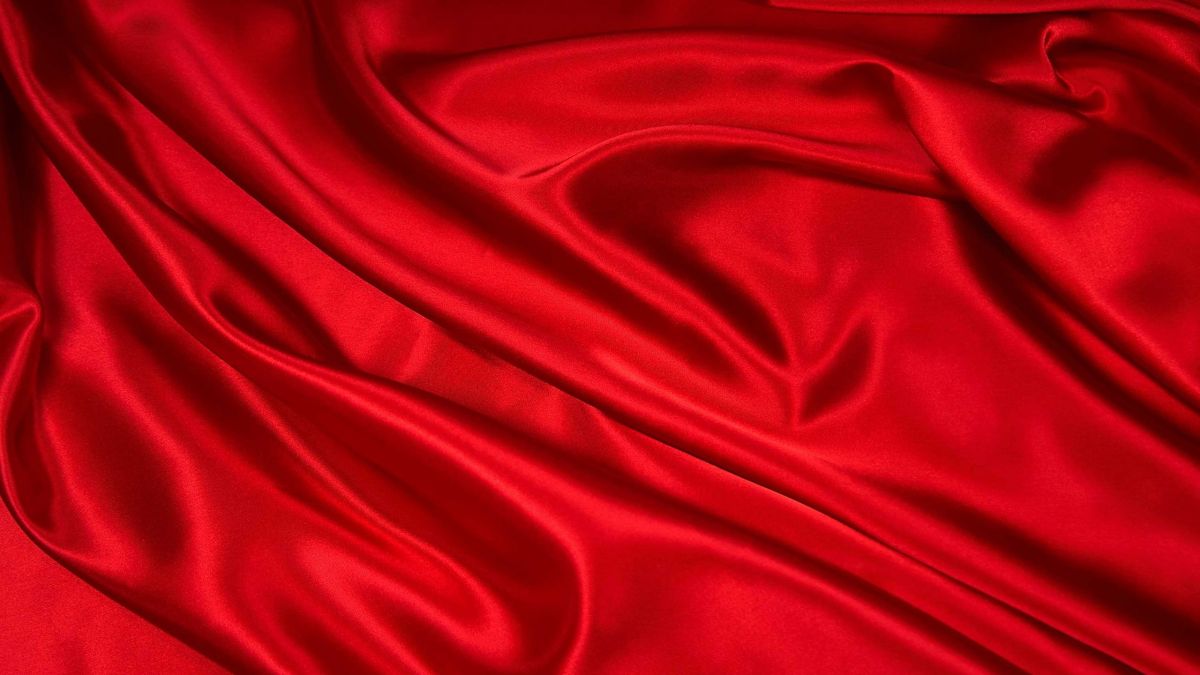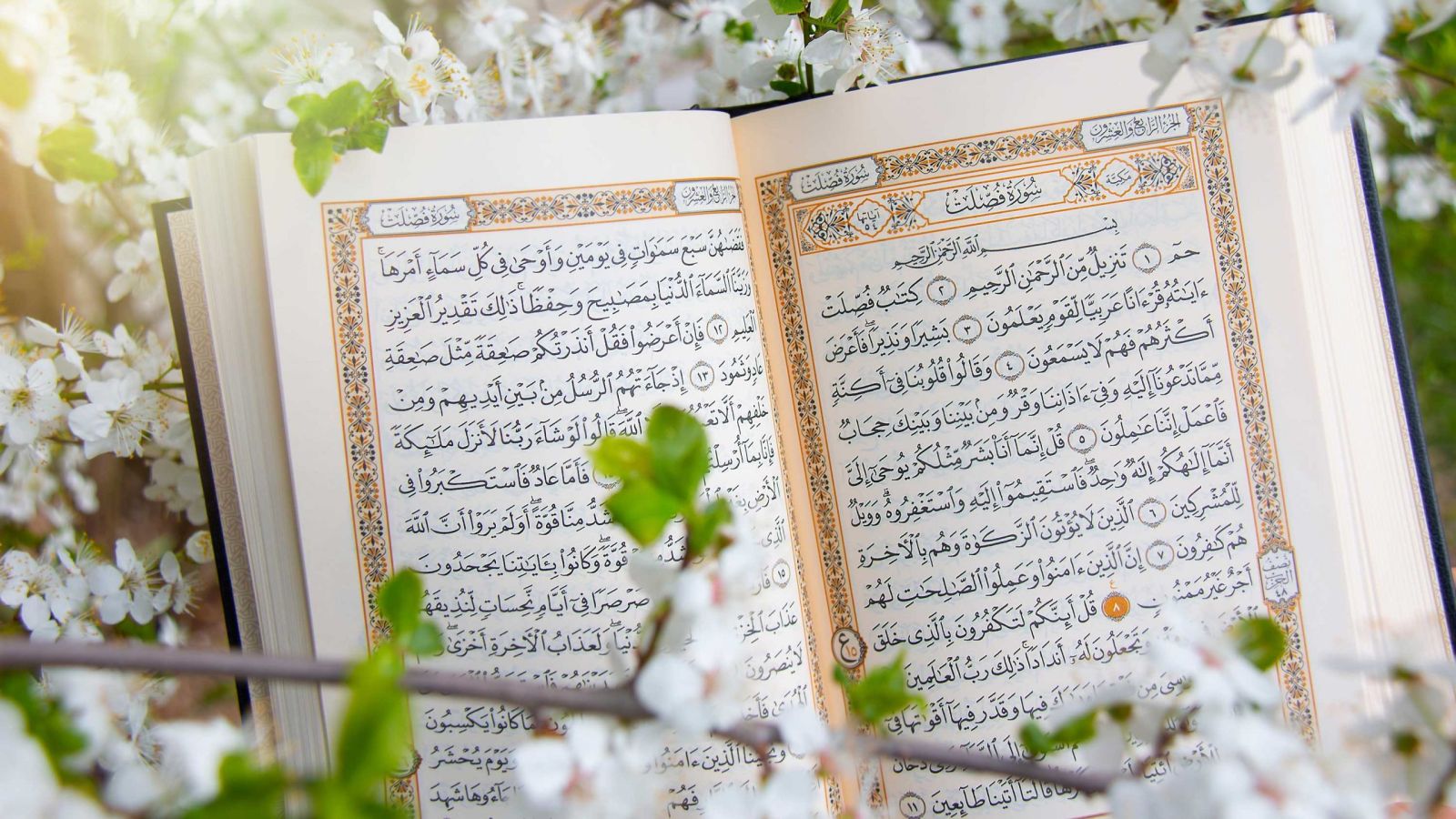Rulings Related to Istiḥāḍah (Non-Menstrual Bleeding)
Shaykh Muḥammad ibn Ṣāliḥ al-ʿUthaymīn


Shaykh Muḥammad ibn Ṣāliḥ al-ʿUthaymīn (d. 1421 AH) said:
The Ruling on Performing Wuḍūʾ for Every Ṣalāh
It is mustaḥabb for the woman experiencing istiḥāḍah (non-menstrual bleeding) to perform wuḍūʾ before every ṣalāh if she has experienced some secretion [after her last wuḍūʾ]. If, however, she has not experienced any secretions, she remains in a state of purity [from her first wuḍūʾ].1
Praying Nawāfil (Supererogatory) and Farḍ (Obligatory)
If the woman experiencing istiḥāḍah performed wuḍūʾ to pray nawāfil, she is also permitted to pray farḍ [with the same wuḍūʾ], as her performing ablution has removed her impure state [in effect].
Engaging in Sexual Intercourse: The Opinion of the Ḥanbalī Madh`hab
According to the Ḥanbalī madh`hab, the woman experiencing istiḥāḍah may not engage in sexual intercourse except if she fears for the occurrence of hardship through this refrainment. Although this prohibition is unlike that of the menstruating woman, as we will clarify.
The evidence of the Ḥanbalī madh`hab is as follows:
- The saying of the Most High:
وَيَسْأَلُونَكَ عَنِ الْمَحِيضِ ۖ قُلْ هُوَ أَذًى فَاعْتَزِلُوا النِّسَاءَ فِي الْمَحِيضِ
“They ask you concerning menstruation. Say: that is an adhá (a harmful thing for a husband to have sexual intercourse with his wife while she is having her menses), therefore keep away from women during menses.”
(Al-Baqarah, 2:222)Allāh has made the reason for avoiding intercourse the presence of a ‘harmful thing’ which here refers to blood. It is well-known that the blood of istiḥāḍah is likewise a ‘harmful thing’ as it is a detestable, impure, blood.
- Upon sexual intercourse, the penis will become marred with this blood. This blood is najs and fundamentally a person should not interact with that which is considered najs except if a clear need arises that would obligate such an interaction.
However, intercourse with a woman experiencing istiḥādah is less severe than with a menstruating woman. This is for several reasons:
- The prohibition of intercourse with a menstruating woman is an explicit command in the Qurʾān. As for intercourse with a woman experiencing istiḥāḍah, its ruling is the result of either qiyās [analogisation with menstruation] or by means of claiming that the verse is comprehensive of istiḥāḍah as well.
- If a man or woman fears the occurrence of hardship by abstaining from intercourse, it is permissible for a man to have intercourse with a woman experiencing istiḥāḍah. This opposes the ruling of the menstruating woman which is impermissible except in extenuating circumstances.
- It is permissible for a man to have intercourse with a woman experiencing istiḥāḍah due to the occurrence of hardship and there is no expiative action required. This is contrary to intercourse with a menstruating woman which does necessitate expiative action.
The Opinion of Shaykh Ibn ʿUthaymīn (رحمه الله)
The second opinion in this matter is that intercourse with a woman experiencing istiḥāḍah is not ḥarām. This is the correct opinion. Its evidence is as follows:
- The saying of the Most High:
نِسَاؤُكُمْ حَرْثٌ لَّكُمْ فَأْتُوا حَرْثَكُمْ أَنَّىٰ شِئْتُمْ
“Your wives are a tilth for you, so go to your tilth when or how you will.”
(Al-Baqarah, 2:223) - The ṣaḥābah whose wives experienced istiḥāḍah were approximately seventeen. Despite this, it was never narrated that the Prophet (صلى الله عليه وسلم) ever ordered even one of them to abstain from having relations with their wives. If such a thing was from the legislations of Allāh, he (صلى الله عليه وسلم) would have clarified this to the companion whose wife was experiencing istiḥāḍah. Then, this would have been narrated to us such that this sharīʿah is preserved. However, such a prohibition was not relayed to us and thus it is known that this act is not ḥarām.
- The original state is one of innocence and thus permittance [unless stated otherwise].
- The blood of menstruation is unlike that of istiḥāḍah. It differs in both its nature and its rulings. For example, it is obligatory upon the woman experiencing istiḥāḍah to perform ṣalāh. If ṣalāh is obligatory even in the presence of this blood, then how could one make the claim that it is impermissible for her husband to have marital relations with her? The prohibition of performing ṣalāh is greater than that of abstaining from intercourse.
Also, we do not concede that the verse is inclusive of istiḥāḍah. This is because Allāh said:
وَيَسْأَلُونَكَ عَنِ الْمَحِيضِ ۖ قُلْ هُوَ أَذًى
“They ask you concerning menstruation. Say: that is an adhá..”
(Al-Baqarah, 2:222)
His saying, ‘That is’ refers specifically to menstruation meaning ‘it is adhá and nothing other than it.’ Most rulings are unaccepting of analogisation. Much less, analogisation when the verse has been formulated thus.
- The period in which a woman experiences her menses is short and thus there is ease in abstaining from marital relations during such a short period. This is contrary to the period of istiḥāḍah which is much longer. Therefore, prohibiting marital relations during such a long period except if one fears the occurrence of hardship represents a clear difficulty. From a legislative standpoint, difficulty must be completely negated.
As for the claim that the penis will become marred with najs blood as a result of these relations, then we say: a small amount of istiḥāḍah blood may be overlooked and so should not be a source of consternation. This is because the blood that sticks to it is not plentiful. Even if we were to say: such an amount may not be overlooked, then we would say that interaction with it is unintentional and temporary, and it will be washed afterwards anyways [as part of ghusl].
However, if a man holds personal feelings of disgust towards it—hating to engage in marital relations with his wife in the presence of blood—then this is a personal preference that is completely unrelated to a legislative ruling. As a person may detest a thing for personal reasons and be completely blameless should he choose to avoid it. Just as the Prophet (صلى الله عليه وسلم) used to hate eating lizards even though its consumption is ḥalāl. He said: “It is not from the land of my people so I find within myself an aversion to it.”2
Endnotes:
[1] Translator note: This is the final opinion of the Shaykh after previously holding the opinion that it is obligatory for her to make wuḍū before every ṣalāh. The evidence that supports this being recommended rather than obligatory is that one experiencing continuous, unintentional secretions does not benefit from making wuḍūʾ repeatedly in their current state. Also, the ḥadīth narrated that stipulates performing wuḍūʾ for every ṣalāh has been graded weak by the scholars of ḥadīth. See Fatḥ al-Bārī by Ibn Rajab 2:69-75.
[2] Authentic: narrated by al-Bukhārī: 5400 and Muslim: 1945.
Source: Al-Sharḥ al-Mumtiʿ 1:503-506
Translated by: Riyāḍ al-Kanadī

















